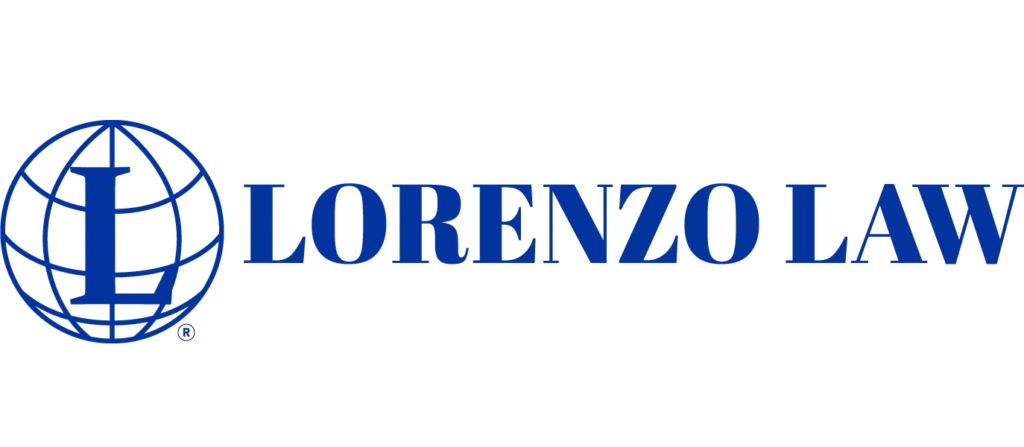The Federal Communications Commission (FCC) has long played a pivotal role in safeguarding the privacy of consumers using broadband internet services. While the FCC’s authority has evolved over time due to shifting regulatory classifications, the Commission has continued to seek ways to enhance protection for users of Internet Service Providers (ISPs). Below is a summary of the FCC’s key actions and policy developments, particularly considering recent regulatory changes.
Launching of Broadband Privacy Rules
In 2016, the FCC—under Chairman Tom Wheeler—adopted a landmark set of privacy rules after reclassifying broadband internet access as a Title II telecommunications service under the Communications Act of 1934 (FCC, 2015). These rules aim to provide transparency, choice, and data security for consumers. Specifically, ISPs were required to do the following three actions: obtain opt-in consent from customers before sharing sensitive information such as geolocation, browsing history, and health or financial data; clearly disclose what data they collect, how it is used, and with whom it is shared; implement robust data security measures to protect customer information (FCC, 2016). However, these rules were short-lived when Congress repealed them, in 2017, through the Congressional Review Act (CRA), which also restricted the FCC from issuing similar rules in the future without legislative approval (Public Law No: 115-22, 2017).
Broadband Internet’s Reclassification with FCC’s Restored FCC Authority
A significant policy shift occurred in April 2024 when the FCC, now under Chairwoman Jessica Rosenworcel, voted to reclassify broadband internet as a Title II telecommunications service once again (FCC, 2024). This move restored the FCC’s legal authority to oversee ISPs and enforce provisions under Section 222 of the Communications Act, which mandates the protection of Customer Proprietary Network Information (CPNI). While this reclassification does not automatically reinstate the 2016 rules, it lays the groundwork for new rulemaking initiatives focused on consumer privacy and data protection.
FCC’s Enforcement Actions
Even without comprehensive privacy rules, the FCC has used its enforcement authority to address misconduct by ISPs. One notable example occurred in 2020 when the Commission proposed over $200 million in fines against major mobile carriers, including AT&T, Verizon, Sprint, and T-Mobile, for selling real-time location data of their customers without adequate consent or safeguards (FCC, 2020). These enforcement efforts underscore the FCC’s commitment to ensuring ISPs do not engage in deceptive or negligent privacy practices.
Transparency Imposed
The FCC continues to require ISPs to disclose their network management practices, performance characteristics, and commercial terms, including those related to data collection and sharing (FCC Open Internet Order, 2015). These transparency requirements serve both consumers and other regulatory bodies, such as the Federal Trade Commission (FTC), which often assumes enforcement responsibilities when broadband is classified under Title I.
The Tandem of FCC and FTC
The FCC and the FTC have worked in tandem to address consumer data protection issues, particularly during periods when the FTC holds primary jurisdiction over ISPs. The agencies have coordinated investigations and consumer education, and their overlapping authority ensures a continued emphasis on privacy safeguards regardless of how broadband services are classified.
Conclusion
As of 2025, the FCC’s renewed authority under Title II classification empowers the agency to consider more robust and enforceable privacy rules for broadband consumers. Although comprehensive regulations akin to the 2016 privacy rules have yet to be reintroduced, the current legal foundation enables the FCC to pursue such protections in the future. Consumers should stay informed about their data rights and ISP practices as federal oversight continues to evolve in response to technological and legal developments.
References
- Federal Communications Commission. (2015). FCC Reclassifies Broadband Internet Access Service under Title II. [https://www.fcc.gov/document/fcc-adopts-strong-sustainable-open-internet-rules]
- Federal Communications Commission. (2016). Protecting the Privacy of Customers of Broadband and Other Telecommunications Services. [https://www.fcc.gov/document/fcc-adopts-rules-protect-broadband-consumer-privacy]
- Federal Communications Commission. (2020). FCC Proposes Over $200M in Fines for Location Data Violations. [https://www.fcc.gov/document/fcc-proposes-fines-carriers-over-location-data]
- Public Law No: 115-22 (2017). Joint Resolution Disapproving the Rule Submitted by the FCC Relating to “Protecting the Privacy of Customers of Broadband and Other Telecommunications Services”.
- Federal Communications Commission. (2024). Restoring Internet Freedom: Broadband Reclassified as Title II Service. [https://www.fcc.gov/news-events/notes/2024/04/restoring-authority-protect-consumers-online]
- FCC Open Internet Order. (2015). [https://www.fcc.gov/general/open-internet]
© 2025, All Rights Reserved, Lorenzo Law, LLC.
